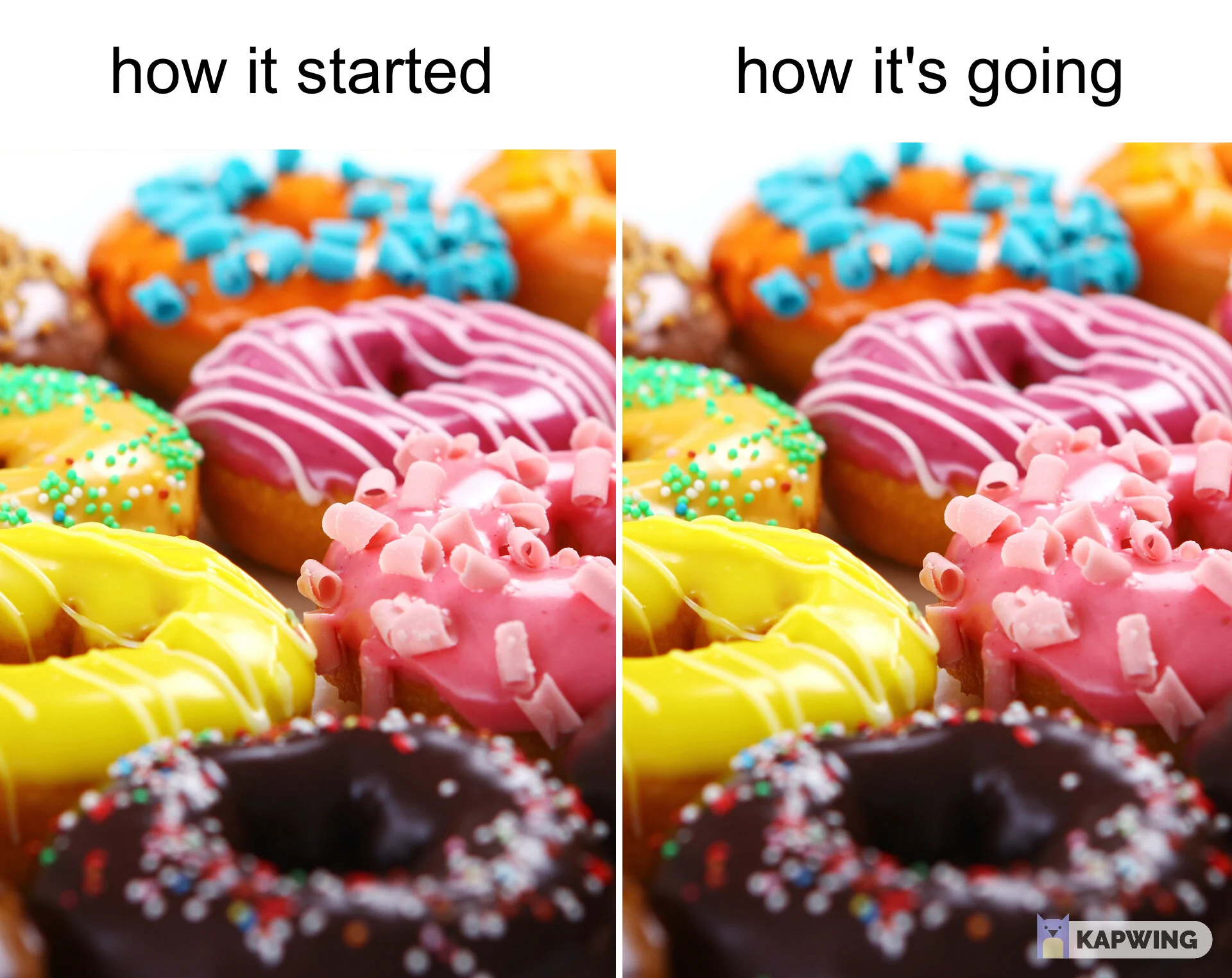In these stressful times of covid, you may be eating junk food more than usual — I have. It’s understandable. Either we’re stressed, bored, eating on the run, or all of the above. It would be nice to stop eating junk food altogether, but cutting back may be more realistic. Here are 5 surefire ways to curb your junk food eating.
#1: Don’t keep junk food at home
This was my habit before covid. My rationale is: If I really want it, I’ll make myself go and get it. It’s worked for me because my willpower isn’t always ironclad. Sometimes I’ll eat junk food — if it’s around — before I’ll eat other, healthier food.
Part of the agreement is that I won’t stop myself from eating junk food. I’ll make myself go and get it or order carryout. However, often, I won’t. Say, if I’m tired or if the restaurants are closed. Then I’ll eat something else that’s around, like cheese or an apple. Or I’ll make a vegetable omelette if I’m really hungry
This strategy works well if you’re living alone, but also if you’re living with a family, though it may take some time for everyone to get on board. It’s taken some time for my family to come around — covid belly last spring finally did it for everyone. That’s all well and good. But how can you stop from keeping junk food at home in the first place?
#2: Don’t go to the grocery store hungry
This bit of conventional wisdom is a gem. A few times I’ve gone grocery shopping hungry and have broken open a box of cheese crackers or bag of cookies before getting to the checkout.
Most of the time when I’m hungry I’ll stock up on packaged foods because they’re convenient and satisfying. But most packaged foods are processed, so they’re high in unhealthy fats, carbs, salt, additives, and preservatives.
In order to prevent myself from loading up the buggy with junk food, I make sure that I go to the grocery store only when my belly is full and satisfied. That way I’ll stock up on fresh food — food that comes straight from the land or seas — like mandarin oranges, celery, cheese, and salmon, instead. Unpackaged, unprocessed, and rich in nutrients. You just have to do one thing…
#3: Eat fat
It’s astonishing how dietary fat still gets a bad rap today. In short, it began in the 1950s when research that showed a correlation between saturated fat and coronary heart disease snowballed, and the anti-fat campaign was born. However, decades later, the body of research has been disproven. Furthermore, it is understood that our bodies require moderate amounts of healthy fats that are found in fresh food, such as avocados, butter (surprise!), coconut oil, and the fats in, yes, good quality beef. But not margarine, vegetable oils, or hydrogenated fats.
So why do you need to eat fat? Because eating fat triggers the stomach and the small intestine to produce a hormone that signals satiety — turning off hunger. That’s right, eating a supersized bowl of vegetables might fill up your stomach — but eating fat will signal your body to stop eating. It’s a golden weight loss tip. There’s something else you can do…
#4: Choose healthier versions of junk food
That are made from fresh food. Like air-popped popcorn drizzled with melted coconut oil and a sprinkle of Himalayan pink salt (not table salt). Or a sweet concoction of cacao powder, coconut oil, (raw) honey, Himalayan pink salt, and nuts. A moderate-sized burger made with good quality beef or veggies/grains and topped with fresh lettuce, tomato, and onions. These are some of my favorites. They’re savory. You don’t have to spend a lot of money or time preparing them. However, if all else fails…
#5: When you do eat junk food, enjoy eating it
Savor the flavor and don’t stress about it — literally. Because stress hormones, like cortisol, will just pack it on as more fat.
There’s even a silver lining: When you eat junk food — alongside fresh food — you’ll begin to notice the difference between how each taste and make you feel (fresh food — good, junk food — not so good), and you may stop reaching for junk food altogether.
***
The Simple Seven © Marlene Veltre 2021 All rights reserved. No portion of this post may be reproduced, distributed, or transmitted in any form or by any means, including recording or other electronic or mechanical methods, without the prior written permission of Marlene Veltre. The information in this post is to be used for educational purposes only. It is not intended to serve as a substitute for professional medical advice or to prevent, cure, or heal any illness or disease. You should always see your doctor or health practitioner.

